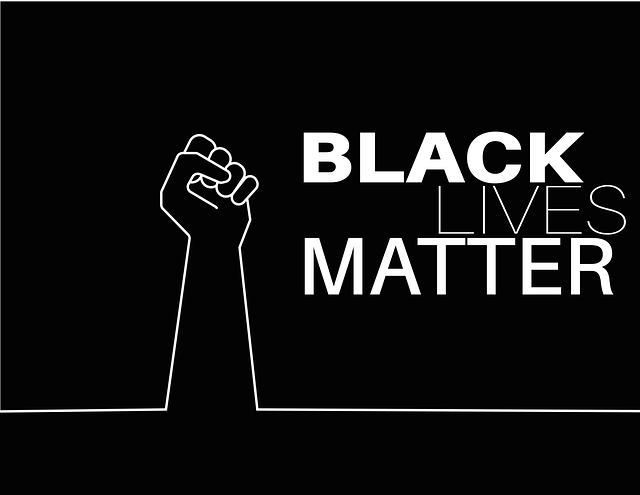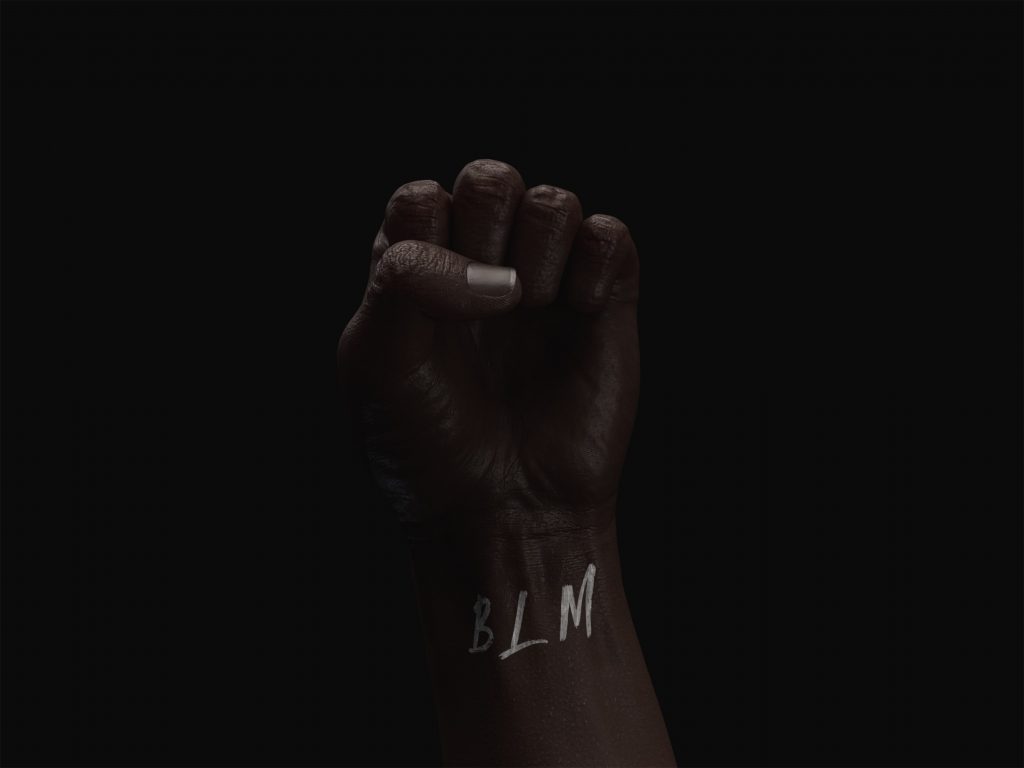Why #BlackLivesMatter
During Black History Month, there is always a great deal of talk about the #BlackLivesMatter movement. Here is why #BlackLivesMatter is so important today…
In the United States, police were responsible for over 4,000 deaths between 2013 and 2016. More than 1,000 of those killed were African Americans, and of those, 303 were unarmed…
So, ask me again why #BlackHistoryMonth is important or why #BlackLivesMatter

Why #BlackLivesMatter
A supplemental homicide report from the FBI reveals that from 1980 to 2012, police officers can be linked to over 12,000 deaths. In general, African Americans are three times more likely to be killed by police than any other racial group, and a 2015 study found that 32% of African Americans killed by police that year were unarmed.
These are only a few of the shocking statistics that people of color must live with every day. The spillover effects of these brutal (often unnecessary) deaths directly impact the families of those slain and the community in which they live.
In fact, studies have shown that police brutality against African Americans can impact the mental health and wellbeing of individuals even when they are not directly related to those involved and can have long-term consequences across the board.
History speaks for itself.
Throughout history, African Americans have faced infinite forms of oppression and repression that stem from slavery. Despite well-intentioned efforts to eradicate racial disparities and create a post-racial society, this reality remains a fairytale dream for many.
African Americans face discrimination daily, which is both overt and covert. Racial profiling, hyper-surveillance, over-patrolling, and violent tactics by police officers are only some of the more obvious and regularly seen forms. These practices have led to constrained relationships with law enforcement in African American communities and create physical, social, and mental health challenges.
The problem of policing and #BlackLiveMatter
Racial bias in police enforcement includes racial profiling of drivers, police officers’ discriminatory actions, and general discrimination against minorities or their communities. Throughout the US, African American men are far more likely to be targets of profiling, are more likely to be incriminated and incarcerated for crimes, and are more harshly sentenced. African Americans are more likely to be victims of police brutality, be stopped for ‘Driving While Black,’ and are less likely to report law enforcement issues. There is also the fact that police officials’ biased beliefs have led to delayed response time and decreased police service in some areas. However, it is not only in the ‘ghettos’ of the US that this is an issue, as some are led to believe. Factors such as these have been reported worldwide and could be occurring right outside your front door.
Recent research has shown that Caucasians justify police brutality towards African Americans because they believe that they deserve harsh treatment when involved with the criminal justice system. The inequitable treatment of African Americans is accepted, supported, and justified because it has become the norm in our society.
What if you woke up tomorrow and the world had decided that all blonde people were innately evil?
This is no different than what is happening.The color of your skin should not impact how you are treated or the opportunities you are granted in life.
The problem persists
Sadly, however, the problem persists. For example, while African-American children make up only 8% of the student population, 40% have received one or more out-of-school suspensions and account for 40% account for children and youth in residential homes within the juvenile justice system.
This ongoing epidemic shows no sign of slowing down. lack of personal responsibility by perpetrators (who argue that race is not the issue) only leads to increased prevalence.
Demand change
Something has to change. We are alive and living amid a global pandemic. There is more technology today than we have ever seen throughout history. We are survivors. Yet, somehow we can not bring ourselves to see past the color of someone’s skin?

#BlackLivesMatter
Racism is a widespread, ongoing issue
Racism leads to issues within society that perpetuate the problem. Mental health concerns lead to jail, jail leads to poverty, and poverty, once again, leads back to prison. The cycle is endless, and it will not end unless something is done to enact actual change.
All too often, we are afraid to speak up, to stand out. This is especially true with #BlackLivesMatter. There is this belief that you can’t understand if you are not African American. The truth is that Injustice is injustice, period.
I may not be African American, but I know a problem when I see it. I am not afraid to stand up against others and cry out for justice, no matter who justice is for.
You see, to me, we are all the same. The color of our skin does not define us as people. Our actions are what define us. Unfortunately, for African Americans in the world today, we don’t even look long enough to see their efforts. We simply make assumptions based on entirely misguided and deeply ingrained beliefs. They don’t stand a chance, and that is awful.
Understand your role.
It is time for us, as non-African Americans, to take responsibility. We must see the role we have played in the creation of this problem. I am not asking you to give someone more because of the color of their skin. I am merely asking that you give them a chance. Close your eyes to their skin color and see the person within!
Change can only come if we work together as a united front to eradicate this widespread issue.
#BlackLivesMatter
Until Next Time,
Be The Change You Want To See In The World!
For more information on why you should support the Black Lives Matter Movement, visit: https://www.dnaweekly.com/blog/support-black-lives-matter-reasons/